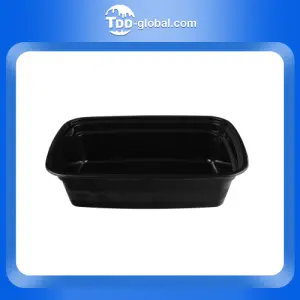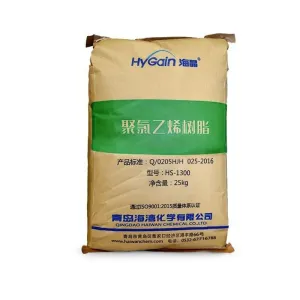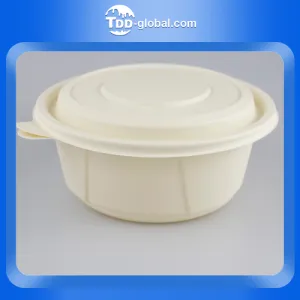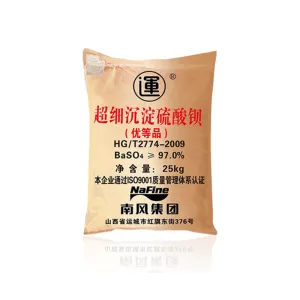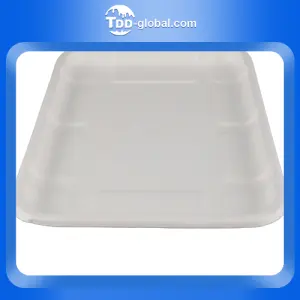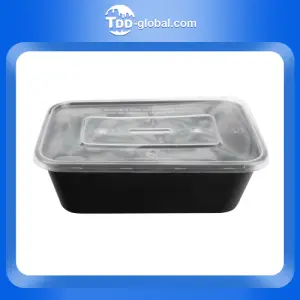5,189
November 12, 2024, 8:43 AM
On November 11, in the financial report from July to September 2024, the weak demand situation in Oerilon and Cabot Americas was extremely obvious. This situation is not only affected by external factors such as force majeure, but also due to the influx of Asian tires into the U.S. market, while the decline in domestic tire production in the United States has directly led to a reduction in demand for carbon black and posed a significant challenge to corporate operations.
Corning Painter, CEO of Orilon, pointed out that the proportion of imported tires in the current North American market has climbed to a historical high, approaching or even exceeding 60%. This proportion is much higher than the 50% level in previous years and covers passenger cars, trucks and buses and other types of tires. Painter also mentioned that the U.S. Department of Commerce recently proposed to impose anti-dumping duties on truck tires imported from Thailand. Given that Thailand is the largest source of tire imports to the United States, this move may bring a turning point to the U.S. domestic carbon black industry and reduce the number of imported tires. Promote the recovery of U.S. tire production and logistics demand.
According to the Carbon Black Industry Network, although the current utilization rate of tire production in the United States and China is still at a low level, with the gradual recovery of the industrial economy and the re-emergence of the vitality of the tire manufacturing industry, especially the output growth of the land tire market, Ou Lilong expects that the supply and demand relationship in the North American market will become tense, bringing new development opportunities to the carbon black industry.
At the same time, Cabot's financial report also showed a similar trend. Cabot's carbon black sales increased by 4% in the Asia-Pacific region and 3% in Europe, but the American market suffered a 7% decline in sales. Sean Keohane, Cabot's CEO and President, pointed out that the large import of Asian tires has a direct impact on the company's business in the Americas. However, he also noted that some countries and regions have begun to take countermeasures, such as Mexico's imposition of additional tariffs on China's passenger car and light truck tires, and the United States 'imposition of anti-dumping duties on Thai truck tires. These trade policy adjustments are trying to balance import pressure.
Keohane further analyzed that although Asian tire imports have continued to grow in the past year or two, and this trend seems to be accelerating, the long-term dependence of the global tire market on Asian supplies has not changed. He mentioned that China is increasing exports to alleviate the pressure on China's economy, while ASEAN countries are also actively expanding their export share to North and South America. However, faced with this complex and ever-changing series of trade dynamics and industry trends, Keohane said that in the long run, North American tire manufacturers have invested heavily in building highly automated new production capacity, which has significant advantages in cost control and production efficiency. Taking into account the improvement of automation, low power costs and the competitiveness of the U.S. petrochemical industry, synthetic rubber is extremely competitive in North America. He believes that these factors together constitute North America's unique advantages as a tire production site and are also an important foundation for supporting the production capacity needed for future growth of the industry. However, from a short-term trade perspective, various forces are playing games with each other, and the market direction in the coming months and even a year is still full of uncertainty.

